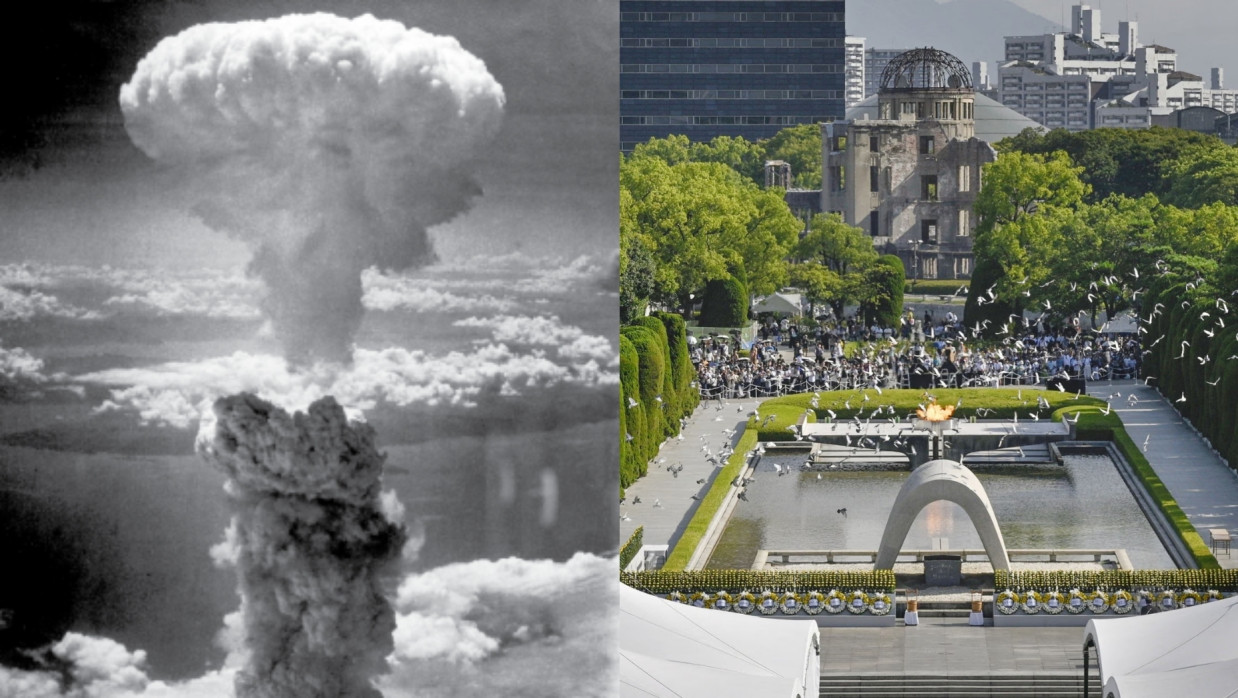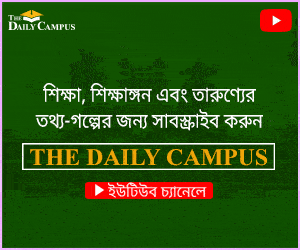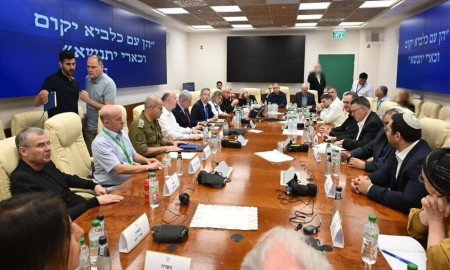Hiroshima Marks 80th Anniversary Amid Escalating US-Russia Nuclear Tensions

Japan solemnly commemorated the 80th anniversary of the atomic bombing of Hiroshima on Wednesday, August 6, 2025, with a poignant ceremony at the Peace Memorial Park, highlighting the enduring scars of the 1945 attack and renewing calls for nuclear disarmament as US-Russia tensions heighten global nuclear risks.
At 8:15 AM local time (2315 GMT), a silent prayer marked the exact moment the US B-29 Enola Gay dropped the "Little Boy" atomic bomb, which killed approximately 140,000 people through blast, fire, and radiation. Hundreds of officials, students, and hibakusha—survivors of the bombing—laid flowers at the Memorial Cenotaph, with the Atomic Bomb Dome as a somber backdrop. Three days later, on August 9, 1945, Nagasaki was bombed, killing 74,000, leading to Japan’s surrender on August 15, ending World War II.
Hiroshima Mayor Kazumi Matsui, in his Peace Declaration, decried the global surge in military buildup, citing Russia’s invasion of Ukraine and Middle East conflicts as violations of history’s lessons. “These developments flagrantly disregard the tragedies of the past,” he said, urging the abolition of nuclear deterrence. Prime Minister Shigeru Ishiba vowed Japan would lead efforts toward a nuclear-free world, stating, “We must pass down this tragic experience as the only nation to endure atomic bombings.”
The ceremony saw unprecedented attendance from 120 countries and regions, including first-time representatives from Taiwan and Palestine. The US sent its ambassador, though no formal apology for the bombings has been issued. Russia and China were absent. Nihon Hidankyo, the 2024 Nobel Peace Prize-winning hibakusha organization, represented survivors, now numbering 99,130 with an average age of 86, according to Japan’s health ministry. Co-chair Toshiyuki Mimaki urged foreign envoys to visit the Hiroshima Peace Memorial Museum to grasp the bombing’s devastation.
Survivors like Yoshie Yokoyama, 96, shared personal losses, noting her parents and grandparents died from radiation-induced cancer. “People are still suffering,” she told reporters, arriving in a wheelchair with her grandson. Kunihiko Sakuma, 80, a survivor since infancy, expressed hope in the younger generation’s push for a nuclear-free world.
The event unfolded against rising global nuclear risks, with the Bulletin of the Atomic Scientists’ Doomsday Clock at 89 seconds to midnight, its closest ever, driven by US-Russia tensions over Ukraine and nuclear arsenal modernization. The Stockholm International Peace Research Institute notes that 90% of the world’s 12,000+ warheads are held by these two nations. Recent US deployment of nuclear submarines, prompted by online exchanges between President Donald Trump and former Russian President Dmitry Medvedev, has intensified fears of a new arms race.
Pope Leo XIV called Hiroshima and Nagasaki “living reminders of nuclear horrors,” while UN Secretary-General Antonio Guterres warned against treating nuclear weapons as “tools of coercion.” Hiroshima, now a vibrant city of 1.2 million, continues to advocate for peace through memorials and global initiatives.















